On November 15, Director of Lower and Middle School Dr. Zanita Kelly hosted a lunch time talk for middle schoolers to discuss the war in Gaza. Middle school students and teachers trickled into Mudd.
Most students grabbed a bag of chips or a mini bottle of water on the way in and then found a spot next to a couple of friendly faces. Meanwhile, Dr. Kelly sat in the middle of the Mudd Pit with her legs criss-crossed and chatted with students as they sat down.
After an initial check in with the students, Dr. Kelly addressed the film clip from CNN 10 called “A step back from the conflict.”
In the video, they shared interviews of students in Palestine and Israel.
The video discussed student stress levels rising all over the world sprouting from even just seeing and taking in all of the violence and negativity from the war.
Afterwards, Dr. Kelly opened the floor to students by posing questions about students’ mental health and wellness. While a couple of students did raise their hands to speak up or respond to questions, the responses were punctuated by long silence. It was what was not said that came across the loudest.
“I feel if you ask a question or something, you’re kind of scared to get canceled,” Nova R. ’28 said. Several students echoed Nova’s fears about asking questions or the fear of unintentionally offending someone.
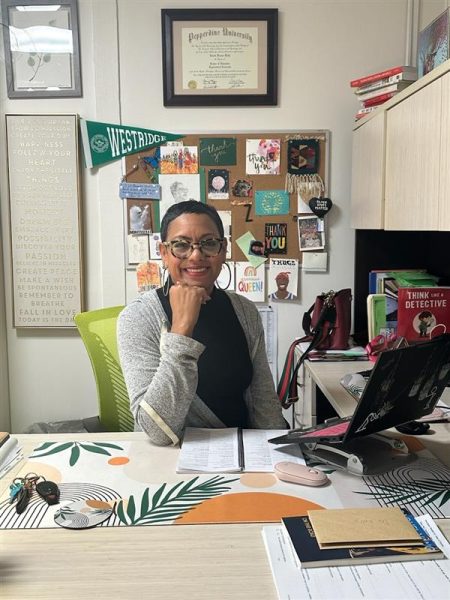
It wasn’t just the students who were afraid to ask or say the wrong thing. Dr. Kelly was also nervous about leading a discussion. “I was terrified to have this meeting because it is fraught, and there are big emotions,” she said.
She went on to touch on the large amount of students’ silence. “Either people didn’t know what to say, or they didn’t feel comfortable saying something.”
While the focus on mental health and media literacy provided valuable tips and strategies, several students left the meeting wanting more information about the war, its context, and its history.
“It felt like there was a big elephant in the room that nobody was really… addressing that much,” Katlin N. ’29 said.
“I was very interested in going there to learn about the… origin behind the war, why it was really happening. But part of me also understands why [Dr. Kelly didn’t address it],” Sasha P. ’29 said.
Many students interviewed feel that despite the lack of context around the war itself, they appreciated and valued what was shared.
Roughly 40 middle school students took the time to join the meeting, a first step to understanding more about the war. Most people interviewed are hoping for more time and a more intimate, private meeting. They also that this wasn’t the end of discussion but instead the beginning.
When asked about the content of the meeting, Dr. Kelly said, “I didn’t want to step into all that. I really wanted to focus on you guys as students and making sure you are mentally well. I stand 10 toes down on my decision to focus on mental health and wellness and to focus on social media and being critical consumers of information. I’d do it again.”
At this point there are no definitive plans for a follow up meeting. However, Dr. Kelly said, “I’m not closing the door to further discussions around this. I’m open to hearing from students what they feel they need and exploring ways to make that happen.”




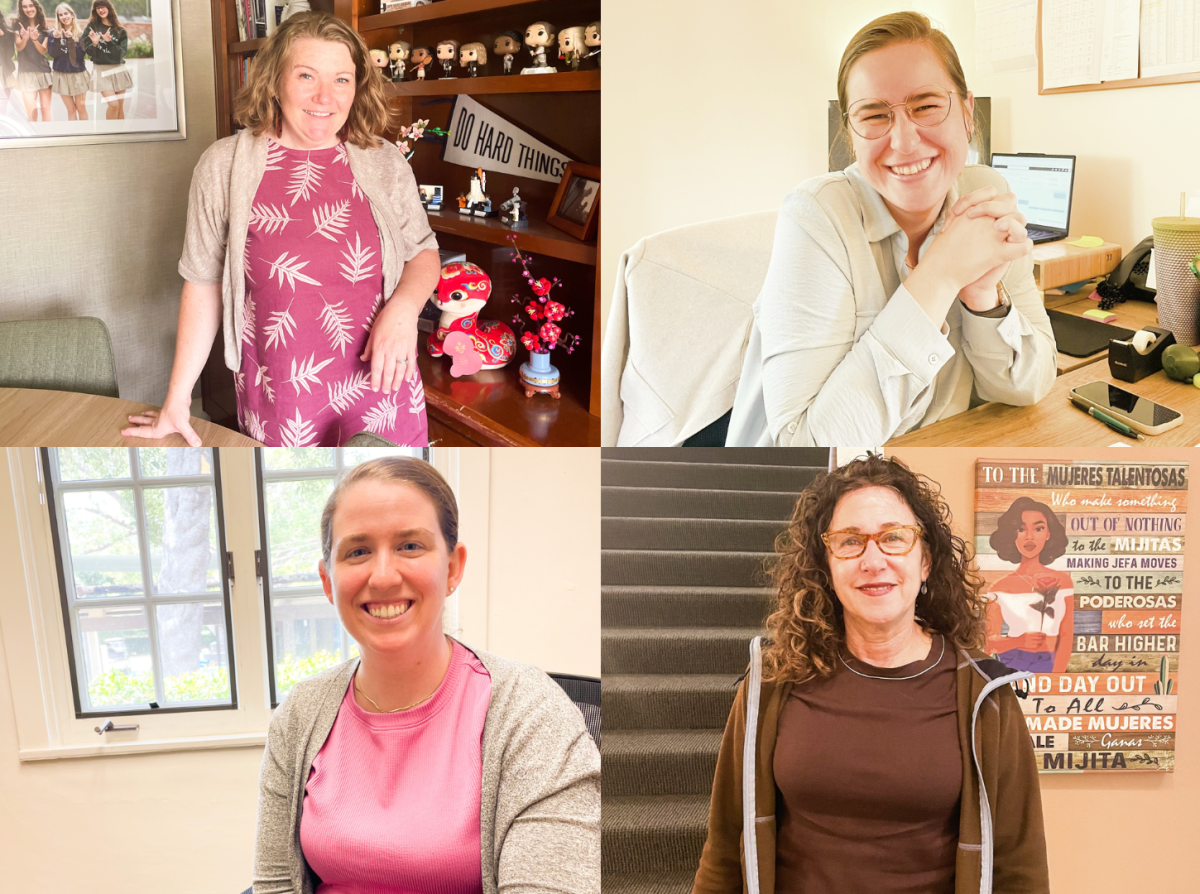
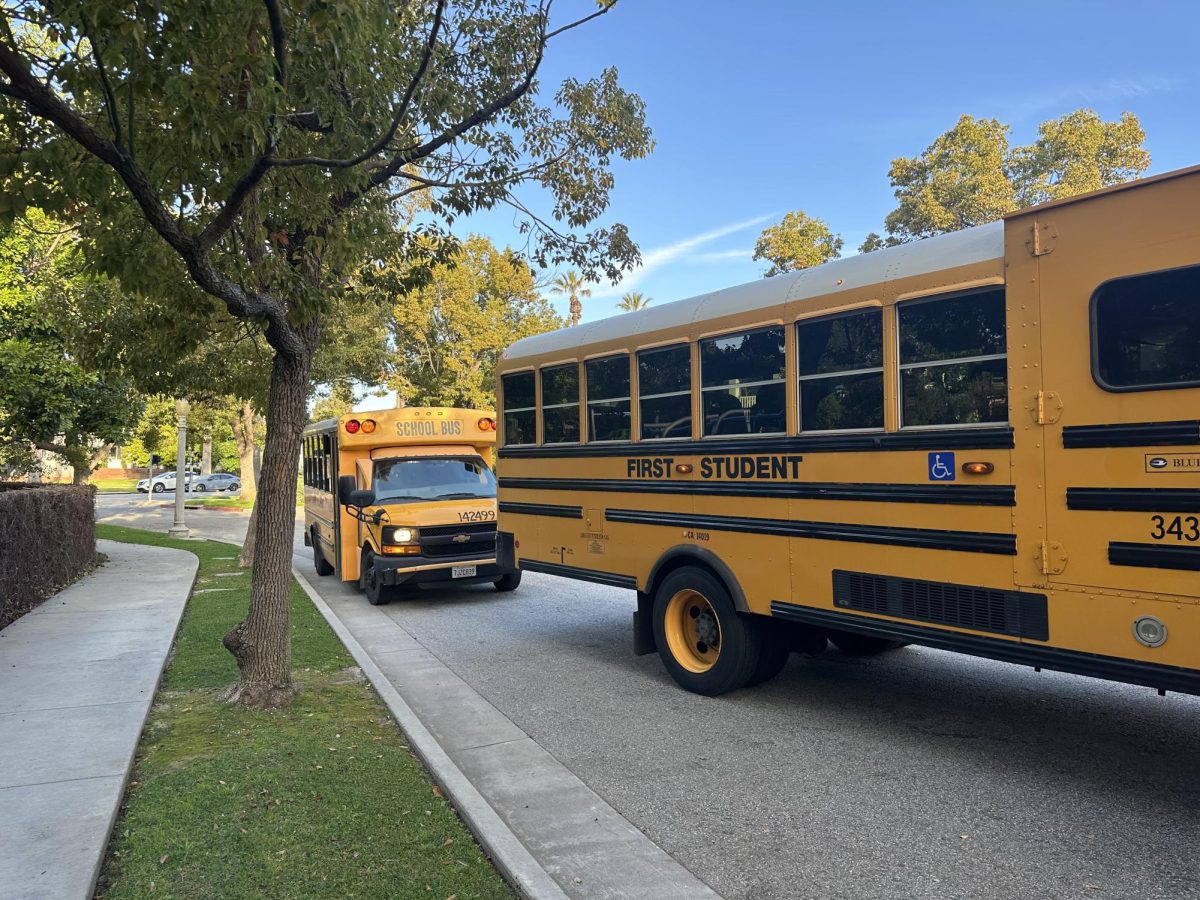


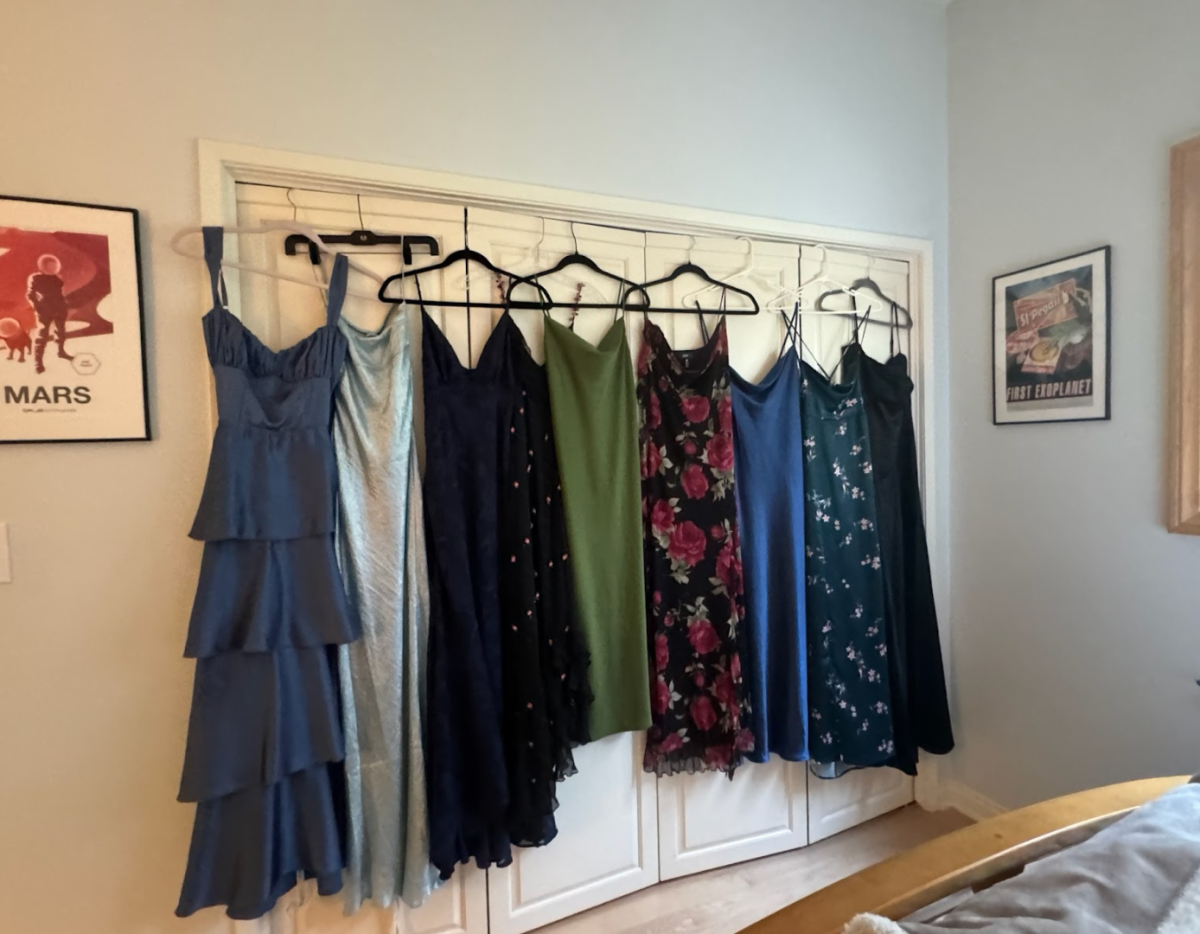








![Dr. Zanita Kelly, Director of Lower and Middle School, pictured above, and the rest of Westridge Administration were instrumental to providing Westridge faculty and staff the support they needed after the Eaton fire. "[Teachers] are part of the community," said Dr. Kelly. "Just like our families and students."](https://westridgespyglass.org/wp-content/uploads/2025/03/dr.-kellyyy-1-e1748143600809.png)








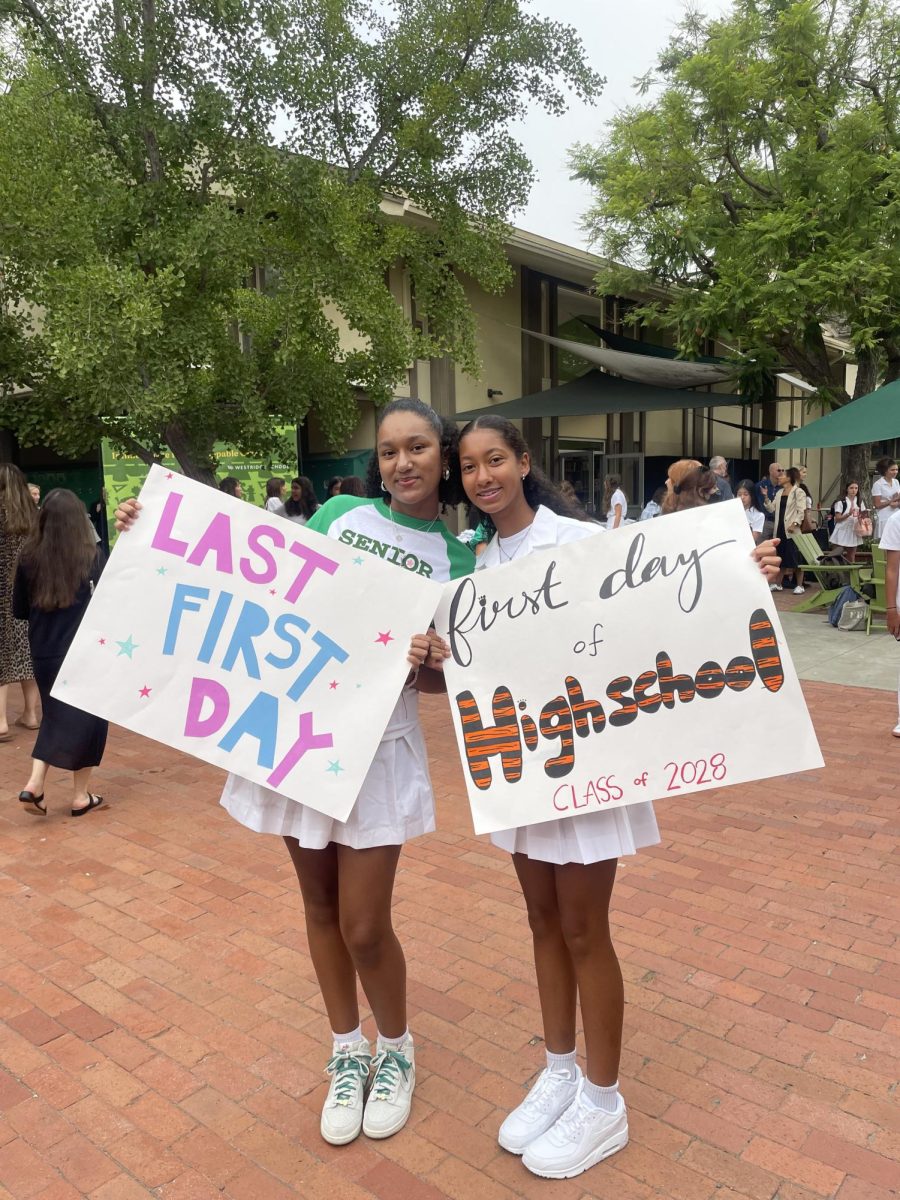













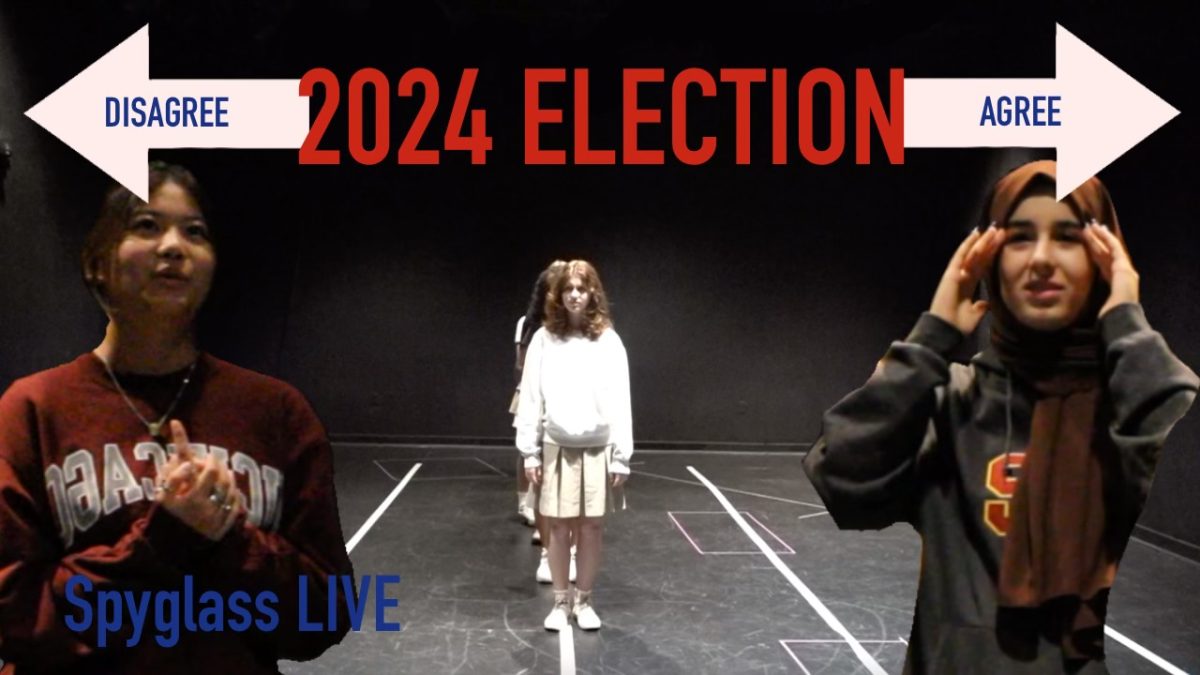






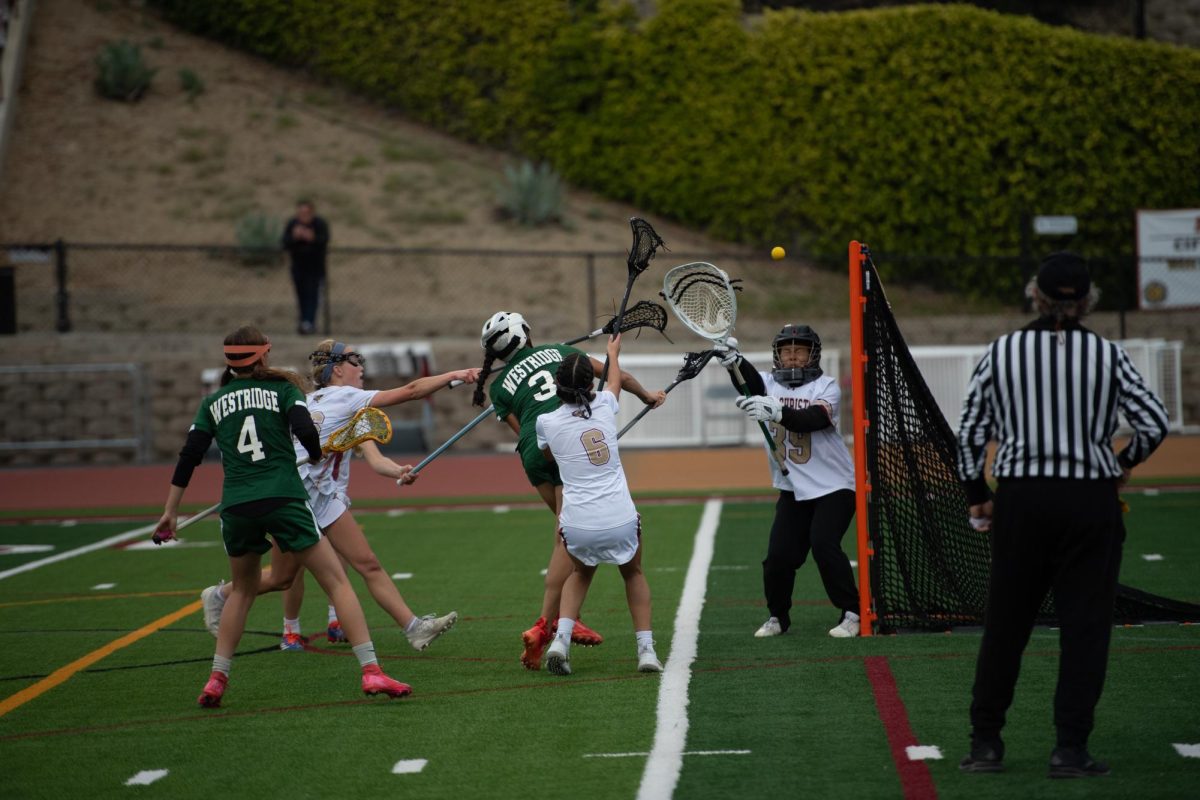







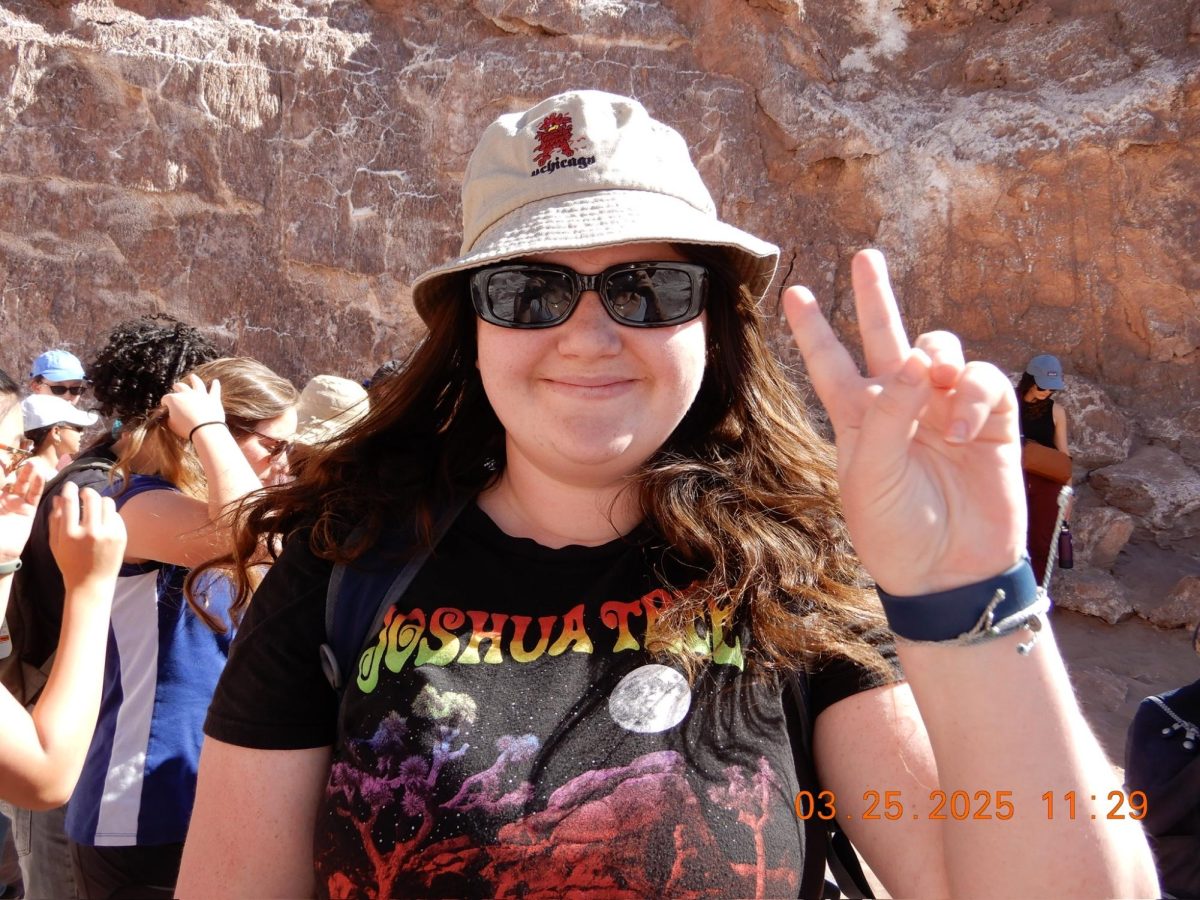





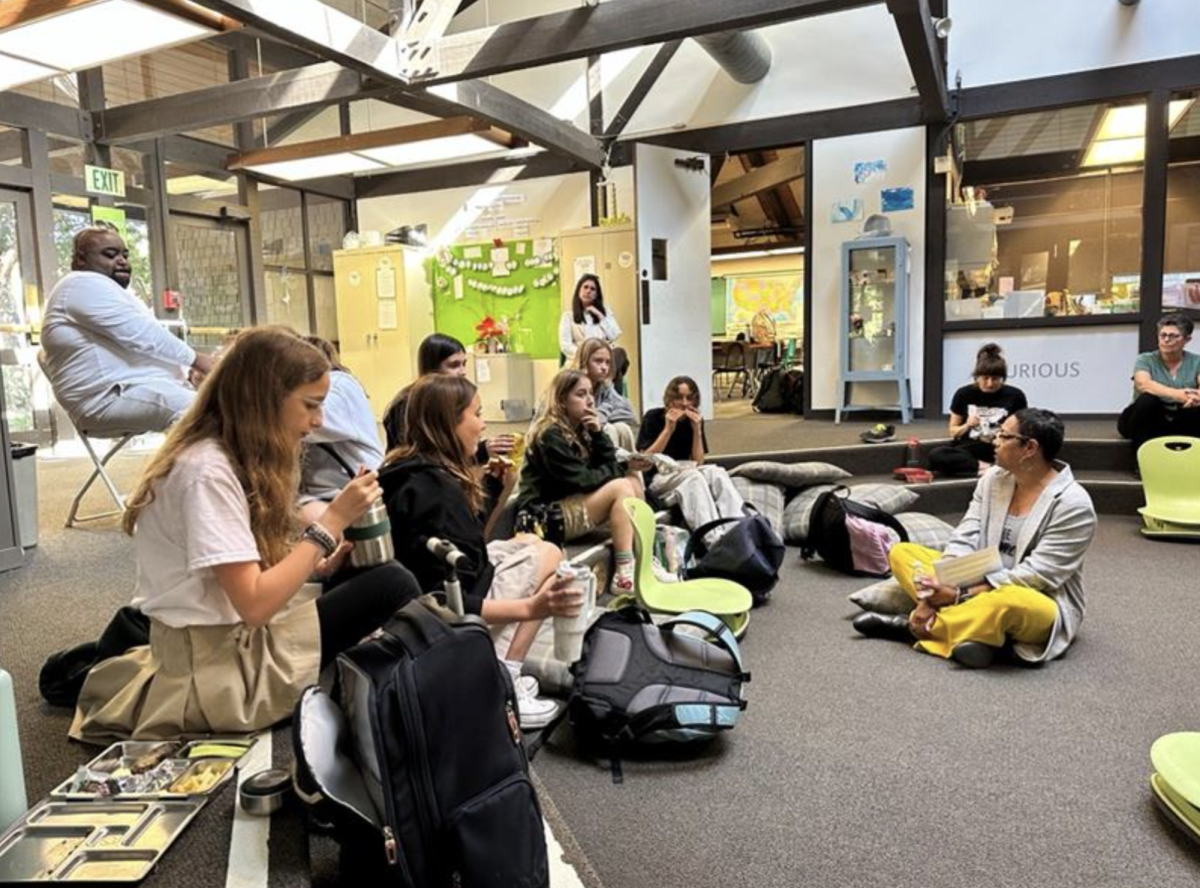
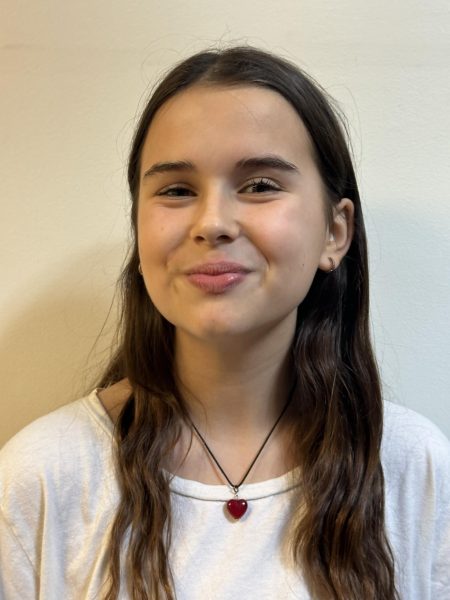
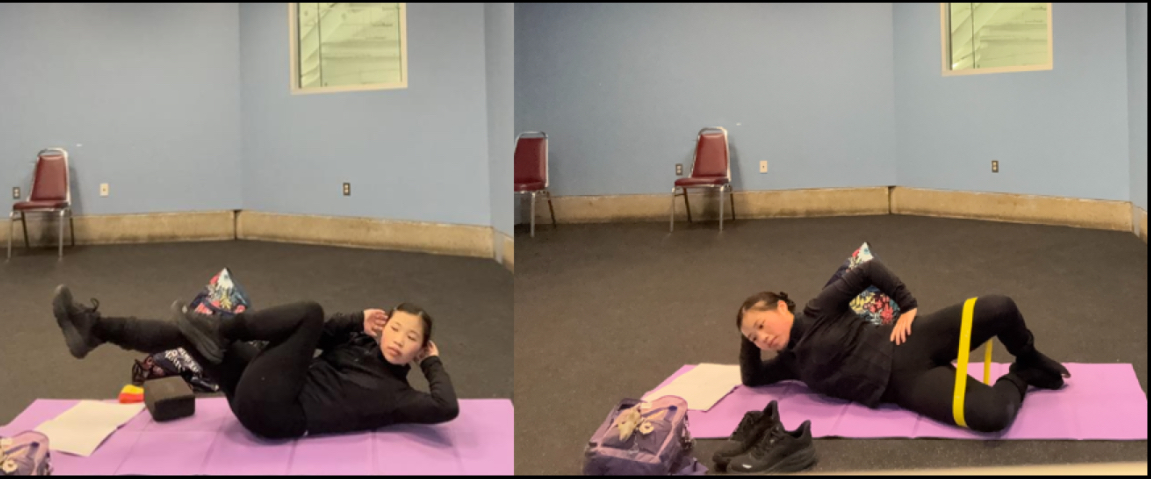
Alexis • Dec 11, 2023 at 10:20 am
I love this!